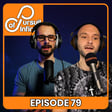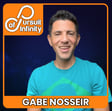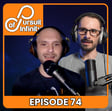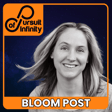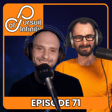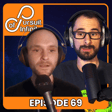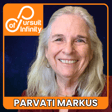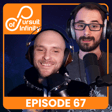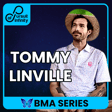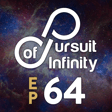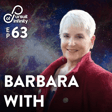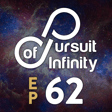
51. Ayahuasca and the Realm of Spirit with Hamilton Souther
In this week’s episode, we welcome Maestro Hamilton Souther to the show. Hamilton is a Master Shaman. In 2004, he became the first Westerner to be recognized as a Maestro Medico Vegetalista (Amazonian Plant Medicine Expert), He is the founder of Blue Morpho Retreat center in Peru, and Blue Morpho Academy, which is an education center for certifying sitters, coaches, and facilitators. Hamilton’s experience as a facilitator is unrivaled, with over 20 years using Sacred Plants to help clients improve their lives. He has worked with over 15,000 individuals during this time and has guided over 3,000 plant medicine ceremonies including over 1,500 Ayahuasca Ceremonies.
https://bluemorphotours.com/ https://bluemorphoacademy.com/ https://www.instagram.com/hamiltonsouther/ https://www.instagram.com/bluemorphoretreats/
_________________
Music By Nathan Willis RIP
Follow Pursuit Of Infinity:
www.PursuitOfInfinity.com
Discord: https://discord.io/pursuitofinfinity
YouTube: https://www.youtube.com/channel/UCPpwtLPMH5bjBTPMHSlYnwQ
Spotify: https://open.spotify.com/show/58he621hhQ7RkajcmFNffb
Apple Podcasts: https://podcasts.apple.com/ca/podcast/pursuit-of-infinity/id1605998093
Instagram: https://www.instagram.com/pursuitofinfinitypod/
Patreon: Patreon.com/PursuitOfInfinity


